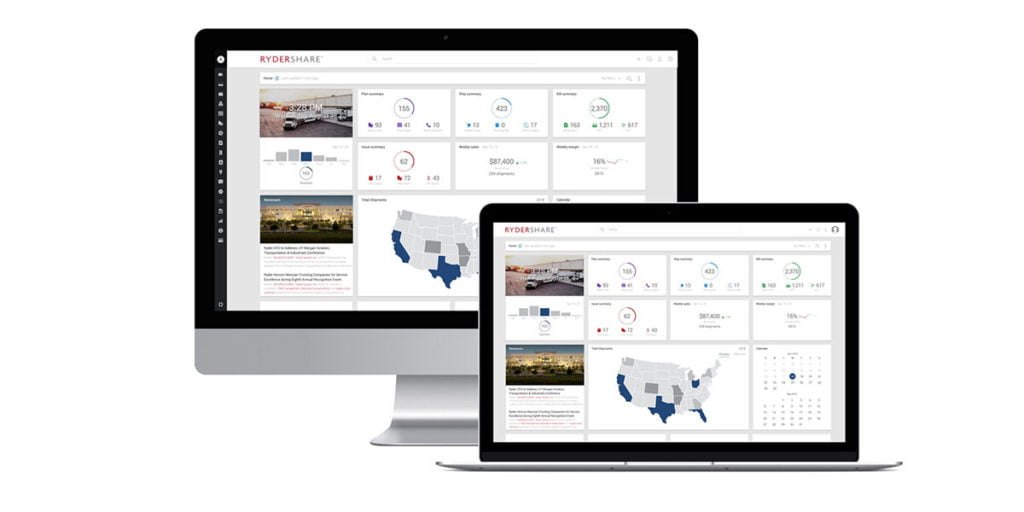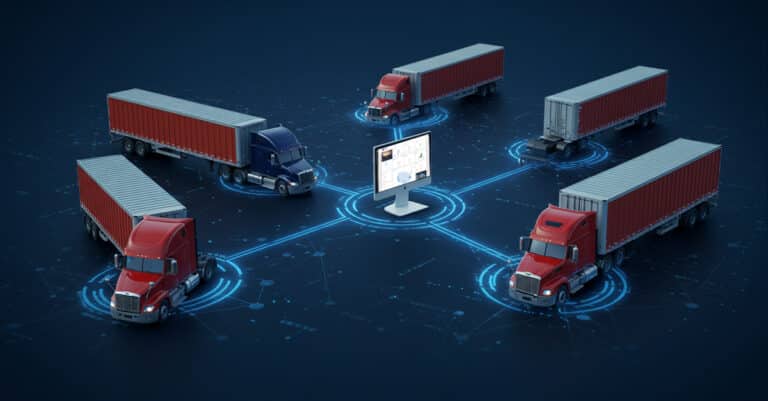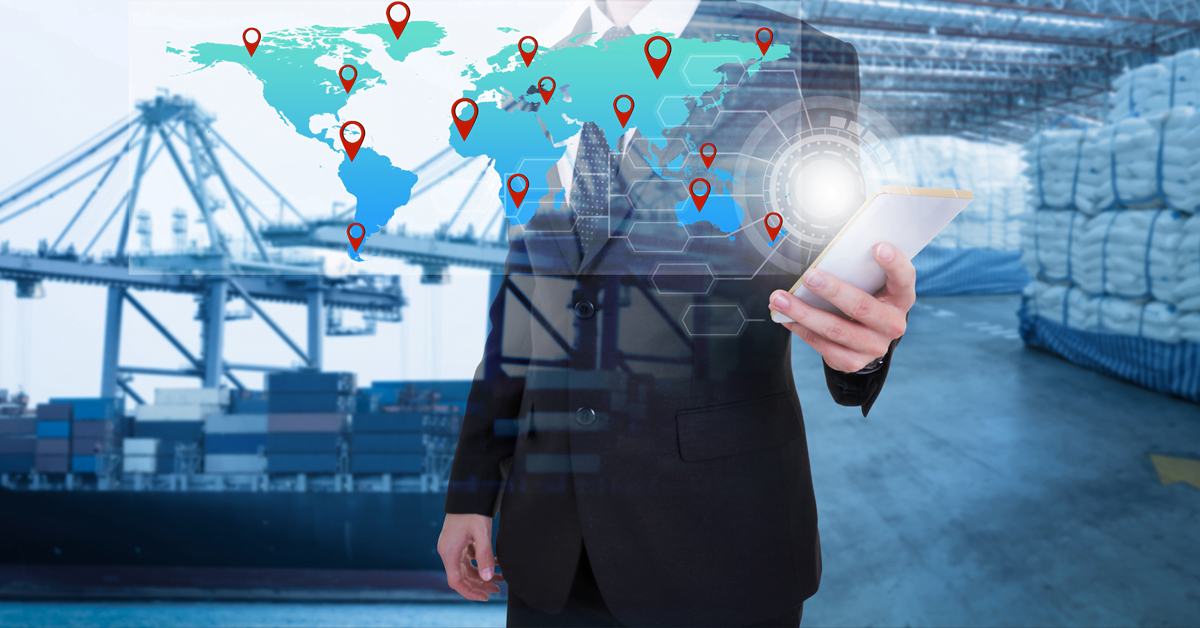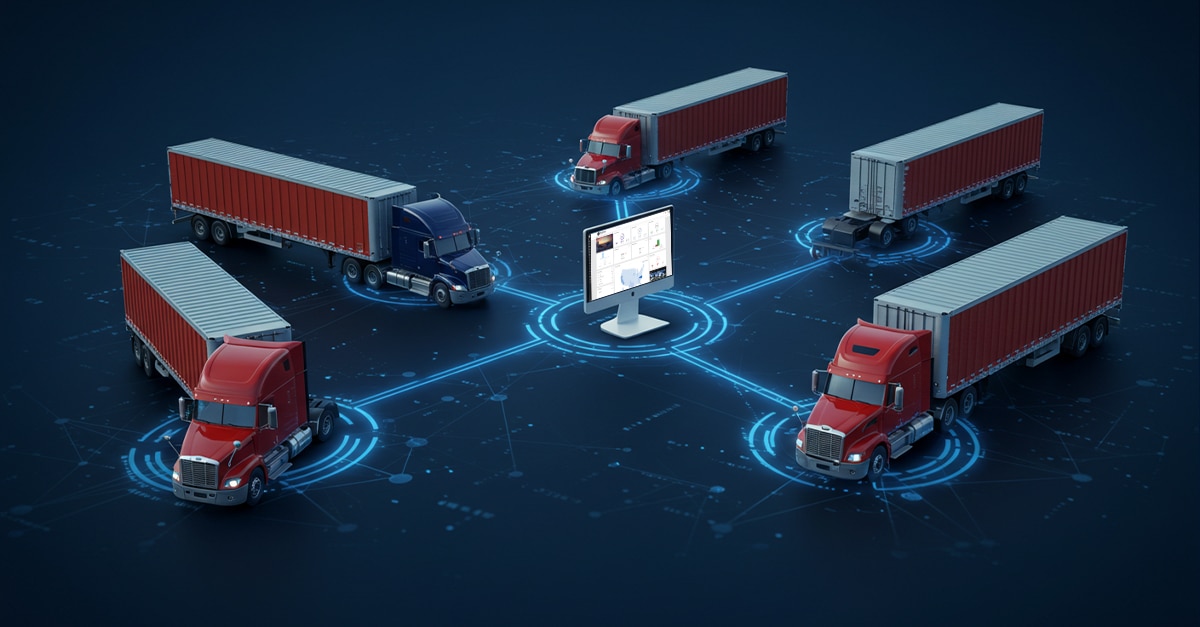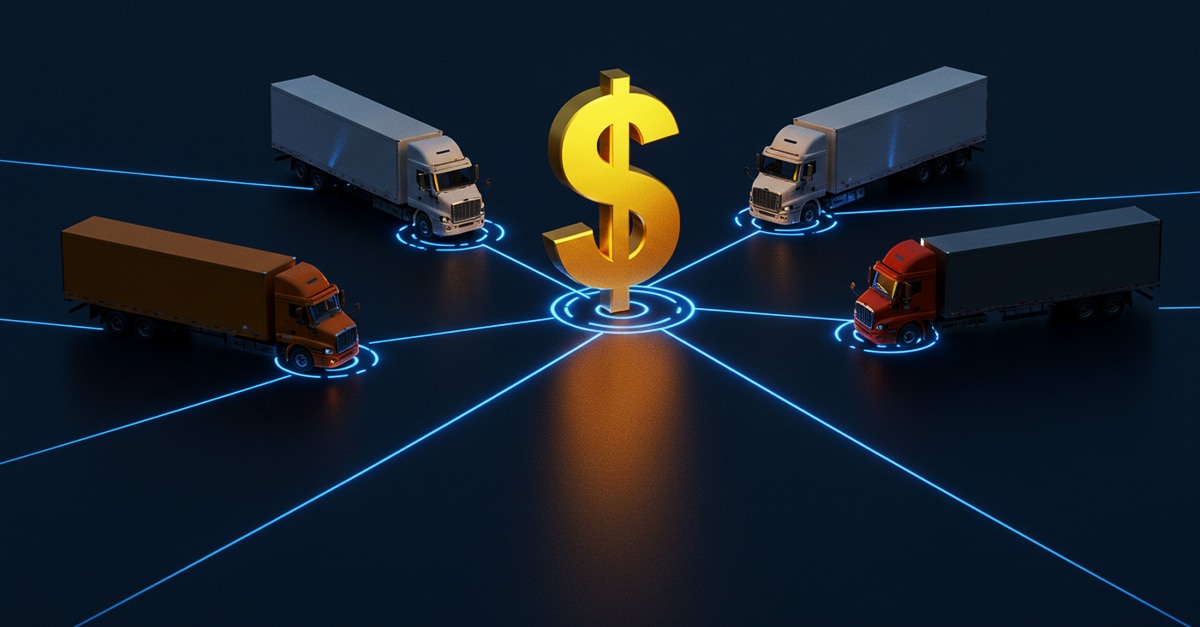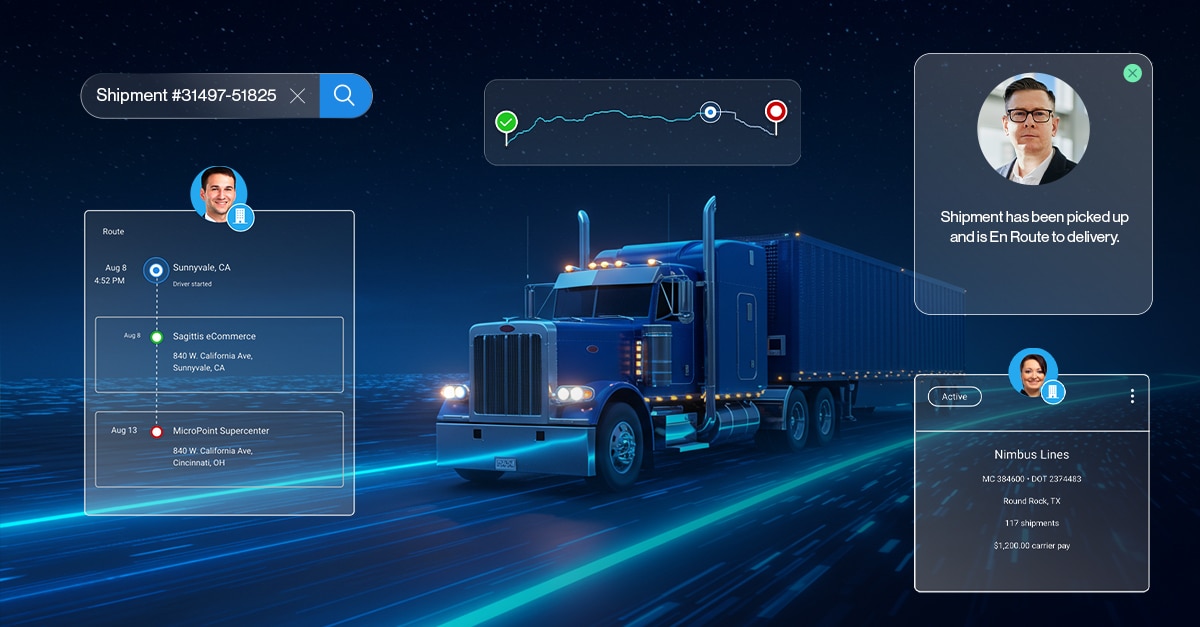A tumultuous few years in global shipping have led to regulators eager to regain control of supply chains. Politicians in Washington from both sides of the aisle desire complete transparency across the board to know where products are coming from and where they are headed, as a security matter and to help America’s businesses thrive. With new regulatory requirements enacted in 2022 and 2023, transportation companies should stay current on compliance to completely understand rules and regulations. Companies must show how all aspects of their business run, and partners need to join forces to share information and strategies to comply with regulations now instead of scrambling later.
Many recent supply chain regulations gear toward convincing logistics companies to become more environmentally friendly by lowering carbon emissions. Companies should be aware of the costs of becoming a greener entity and how that affects all other aspects of their business. This article explains three recently-passed regulations impacting logistics professionals and how supply chain collaboration helps stakeholders meet these new challenges head-on and thrive.
3 Regulations Transforming the Transportation Industry
Transportation companies must keep an eye on regulations to ensure they comply and that their business follows the rules. Current expectations also give a better view of all aspects of their business, helping them track costs, mitigate risks and keep up with customer demands. Companies that tackle these regulations now will be better prepared than those that frantically try to comply down the road. By working with other partners and sharing information, companies can stay up to date on the following three recent acts:
Inflation Reduction Act of 2022
President Biden signed the Inflation Reduction Act into law in August 2022. Its primary goal was to reduce inflation, but several other measures of the act impacted United States supply chains. These include issuing tax credits to help companies combat climate change by using renewable energy to reduce their carbon footprint. The act puts regulations in place to support the adoption of clean technologies for logistics companies, accomplished by purchasing electric vehicles and powering warehouses and other buildings with more efficient types of energy. Moving to this more environmentally friendly way promotes sustainability. The act also aims to improve rural development and promote small businesses, which may generate new jobs in the domestic supply chain and reduce bottlenecks. At ports, there are $3 billion in grants and rebates available to allow for the purchase of zero-emission cargo equipment. The act stipulates ports must capture 100% of the emissions produced by their vessels.
Despite these measures, it may take years for businesses to reach sustainability goals. And despite the tax credits for electric vehicles, there may need to be more savings to convince companies to make the switch immediately. Companies need to be proactive in meeting the requirements; if they are, they will benefit in the future. But the cost of switching needs to be calculated by each company.
Ocean Shipping Reform Act of 2022
President Biden signed the Ocean Shipping Reform Act in June 2022 to allow the United States Federal Maritime Commission more power to speed up processes and increase its authority. The act also promotes growth to help US importers and exporters while helping stop supply chain disruption and congestion. The FMC was awarded unprecedented accountability for finding a way to prevent freight monopolization and control the rising fees. The FMC will receive $6 million yearly to speed up investigations into complaints, help reduce congestion, and uncover why over $2 billion was lost on detention and demurrage fees globally last year. The FMC hopes to quickly resolve the complaints against carriers and establish rules for fairness in detention and demurrage situations.
Companies that lose too much money to demurrage and detention can analyze data to ensure they run efficiently and avoid costly supply chain delays. Turning to technology such as real-time visibility into their shipments can help ensure delivery routes are optimized. This can help avert global congestion and money wasted for all companies.
IMO 2023
The International Maritime Organization is enforcing a new global shipping regulation to reduce carbon emissions and promote better energy efficiency for ocean freight. The IMO 2023 aims to reduce carbon emissions in international shipping by 70% by 2050 when measured against 2008 levels. The new regulations mean mandatory reductions in carbon emissions for all ships and determining carbon emission levels through either the Energy Efficiency Existing Ship Index or the Carbon Intensity Indicator ratings. This will convince vessels that get better fuel use and reduce emissions globally, bringing the ships into compliance while promoting sustainability.
Companies may need to upgrade their vessels to meet requirements, further slowing down the supply chain and leading to more fees, congestion, and a continued falling shipping rate. Companies that put sustainability as one of their top goals should have no issues meeting these regulations.
With Regulators Tightening Their Grip on Global Supply Chains, Shippers Turn to Turvo for Supply Chain Collaboration
Recent tough years have shown the need to work together for shipping partners. The Inflation Reduction Act, Ocean Shipping Reform Act, and IMO 2023 mean that increased engagement and collaboration are needed throughout the supply chain to ensure companies strive to reach their goals and comply with regulations. Analyzing analytics and sharing insights allows partners to strategize and improve efficiency while cutting costs and mitigating risks in the face of regulation in a dynamic logistics landscape.
Turvo can help guide you through the rapidly changing world of supply chain regulations. They specialize in integrating real-time visibility and collaboration into your systems, which is needed to handle all rules and regulations now and in the future successfully. Schedule a demo to learn how Turvo can help your business tackle its challenges amid the ever-changing global shipping industry.

